2022 DRF Symposium Speakers
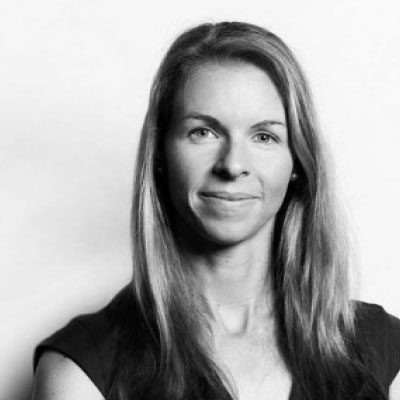 |
April Browne April is the Lead of Learning and Development Partners at Dairy Australia. She has been involved in the education and agriculture sector for the duration of her career, working across secondary schools, tertiary education and at an industry level. April also runs a dairy farm business with her partner based at Camden NSW, where they milk a mixed breed herd of 300 cows. April has a particular motivation for supporting the development of a sustainable and capable agricultural workforce, as a key driver of profitable farm businesses. To achieve this, April has led the development of a range of new and innovative approaches to learning for the dairy industry. These include co-creation of higher education offerings such as the Graduate Diploma of Agribusiness (Dairy Management) and the integration of simulation education experiences for artificial insemination training. April welcomes the opportunity to share her experiences and those of the guest panel at the Symposium, for stimulating new thinking to enable capability development and retention of the current and future dairy workforce. |
|
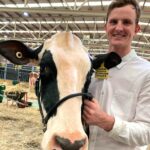 |
Andrew Gray Andrew is a first-year Graduate with Aurora Dairies, one of Australia’s largest dairy portfolios, milking in excess 22,000 cows in Victoria and South Australia. Andrew graduated from Urrbrae Agricultural High School in Adelaide in 2017. He was a recipient of the AgriFutures Horizon Scholarship, sponsored by Dairy Australia and went on to study at the University of New England, Armidale where he completed a Bachelor of Agriculture/Bachelor of Business in 2021. During this time, Andrew also won the 2019 National Young Dairy Judges Championship. Through the support and mentorship of April Brown and Dairy Australia, Andrew has completed work placements with many significant businesses within the Australian dairy industry including Moxey Farms, Saputo Dairy Australia, and Dairy Australia’s Trade and Industry Strategy team. Aurora Dairies’ post-graduate pathway stood out to Andrew as it combined his love of hands-on farming with the agribusiness insights of a large dairy business. |
|
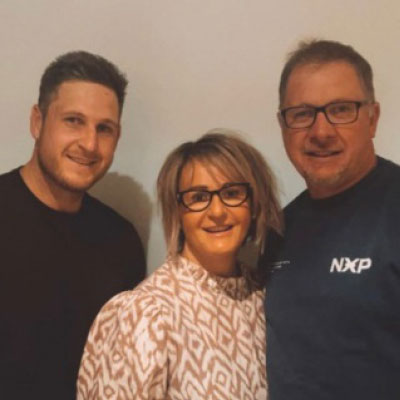 |
Ben, Darlene & Simon Scowan Simon grew up in Sydney and went to Hawkesbury Ag College before moving to Bega to start his dairy career 30 years ago. His best decision was marrying the local vet nurse, Darlene and together they have experienced the highs and lows of dairying together. This has included dairying in the Bega Valley, share-farming in Northern Victoria, consulting as a nutritionist with Best-Fed, equity partnership at Mount Gambier, and now managing “Bungay” a beautiful farm in the Manning Valley for the last 6 years assisted by their 28yo son, Ben. |
|
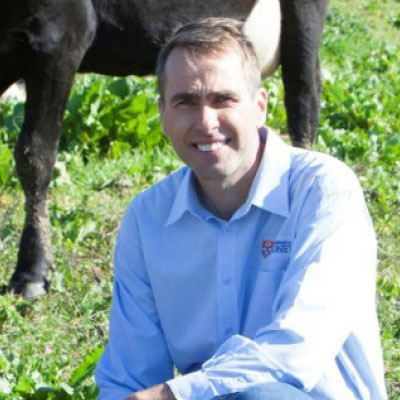 |
Cameron Clark Cameron is an Associate Professor of Livestock Production and Welfare at The University of Sydney, is a Fellow of the Royal Society of New South Wales, leads the Animal Agriculture Theme for the Sydney Institute of Agriculture and the Livestock Production and Welfare Group, and is a member of the Sydney Institute of Agriculture, China Studies Centre, and The Charles Perkins Centre. Cameron has strong, Australia wide industry partnerships from pastoralists and dairy farmers to pastoral companies and processors. This supply chain linkage ensures that Cameron’s research is embedded within industry need and has outstanding industry impact. |
|
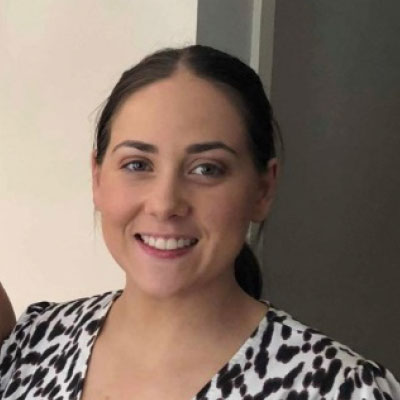 |
Chloe Wilson Chloe Wilson is an Animal and Vet Bioscience graduate from the University of Sydney, majoring in Animal Production. She has previously worked in animal health with NSW DPI at the Elizabeth MacArthur Agricultural Institute and as a Animal Health and Welfare Stockperson on a large scale feedlot running 28,000 head of cattle. Now based in the Bega Valley, Chloe is part of the Dairy Up team at Sydney University, collecting data for P1 and P2 projects as well as a milking hand on a casual basis. |
|
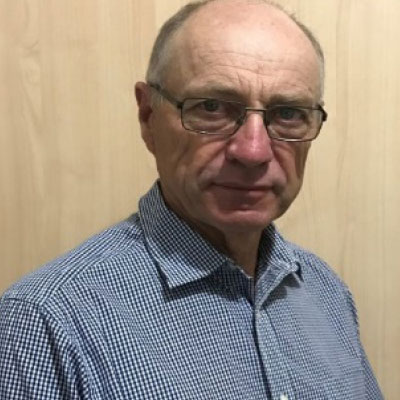 |
Colin Thompson Colin Thompson’s career began on a family farm at Narooma on the far south coast of NSW. In 2000 the whole family relocated to Cowra, in the central west of NSW and for the next 19 years the family developed a 300 cow dairy negotiating their way through droughts, floods, low milk prices and a planning regulation minefield. Today they milk 320 Holstein cows in a modern dairy facility, with all of their herd and young stock housed in free-stall barns. They farm irrigated lucerne, corn and cereals, supplying all of their forage and some grain for the dairy and additionally growing commercial lucerne to supply a local chaff mill. |
|
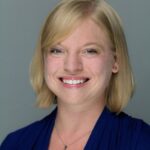 |
Courtney Halbach Courtney Halbach is the outreach specialist for The Dairyland Initiative at the University of Wisconsin School of Veterinary Medicine. The Dairyland Initiative is a program that provides dairy industry professionals with welfare-friendly housing recommendations and lameness prevention tools through a web-based platform and workshops. Her areas of interest include calf and adult cow barn design, positive pressure tube ventilation, dairy barn ventilation, and automatic milking facility design. |
|
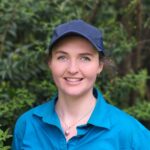 |
Georgia Sherborne Georgia is from beautiful burrawang which sits at 750m above sea level with average rainfall of about 1500mm (although this has been superseded this year), Georgia has grown up on her family farm with her parents and two younger brothers. The farm is predominantly perennial ryegrass pasture which sit alongside remnant temperate rainforest which they worked to preserved. Since completing her HSC in 2012, Georgia has worked on the farm fulltime. Georgia is now a business partner and operations manager on the farm. The farm milks 350 cows throughout the year, rearing all youngstock and turning off approximately 160 full grown steers into the beef market annually. Georgia is a currently studying a Graduate Diploma in Agribusiness specialising in dairy from the university Tasmania. |
|
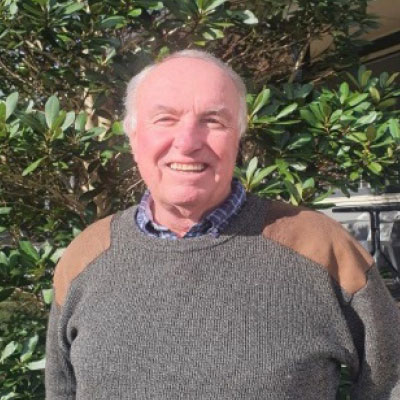 |
Ian Lean Ian’s general interests are in improving the profitability of ruminant production. He is Managing Director of Scibus, a company that conducts research and consults to dairy and beef producers, within and outside of Australia and an adjunct Professor at the University of Sydney. He is a Past President of the Cattle Vets, Cattle Chapter of the Australian College and a recipient of the Gilruth Medal, the Australian Dairy Science Award and the prestigious American Feed Industry Association Award for excellence in published research. Ian has extensively published on the interactions of nutrition with production, reproduction and health and has been a key researcher in developing the use of meta-analysis in veterinary and animal science. Since 1990, Ian has also been active in discussing the implications of increasing population on food availability and the roles of technology and activism in addressing these. He has a deep knowledge of factors influencing farm profit from a biological and economic perspective and has presented nationally and internationally on these. He likes cows and people. |
|
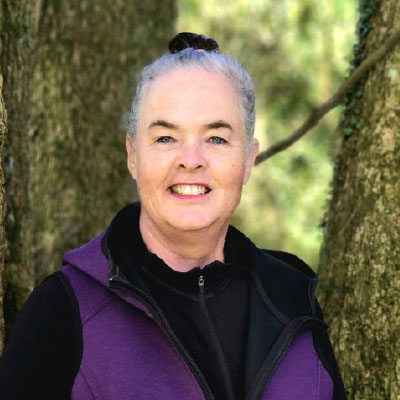 |
Jane Sherborne Jane Sherborne is a 7th generational dairy farmer, from an international dairy farming background. Jane with her family, husband Grant and 3 children Georgia, William and Samuel, dairy farm in the beautiful Southern Highlands. Just a short drive south of Sydney. The Sherborne family milk 350 Holstein and Guernsey cattle, rearing all calves male and females, ensuring that they can meet their mature production potential. Operating a double feed pad and a 20 aside swing over dairy, a PMR feeding program, year around calving, ryegrass pasture based grazing and optimise calf health and growth with a fully housed calf facility. Jane believes that working with nature, recognising, and respecting the natural resources on farm is important to be sustainable and prosperous. With increasing urban pressures, Jane believes that dairy farming needs to be seen and recognised as an important and valuable part of the community, inviting curiosity, interest, and collaboration. |
|
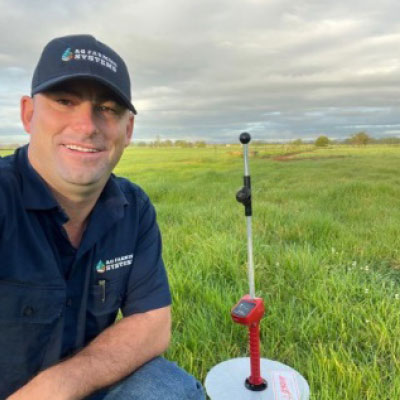 |
Josh Hack Josh is an Agronomist in the mid coast NSW and director or Ag Farming Systems which provides Agronomy services along with Research and development with replicated trials. He Has a Bachelor of Agricultural Science from Charles Sturt in WAGGA WAGGA. Josh has worked in Agriculture for over 20 years and has experience in broad acre farming as well as dairy, beef systems. Josh’s previous roles included sales Agronomist for PGG Wrightson Seeds, Dairy Australia and Elders Rural. Originally from Tasmania moved to NSW in 2003. |
|
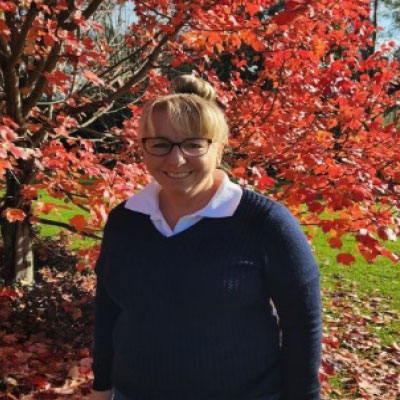 |
Karen Romano Karen Romano, a National Lead – Feeding and Farm Systems with Dairy Australia since 2020, is responsible for providing in-depth technical leadership around intensification of dairy farm systems incorporating feeding and/or housing infrastructure. Since her appointment, Karen has formed collaborative partnerships with both domestic and international stakeholders to build resources that assist dairy farmers and their advisers to make informed infrastructure decisions. Karen is passionate about the dairy industry and has significant dairy industry experience with a career spanning 30 years working in agriculture. |
|
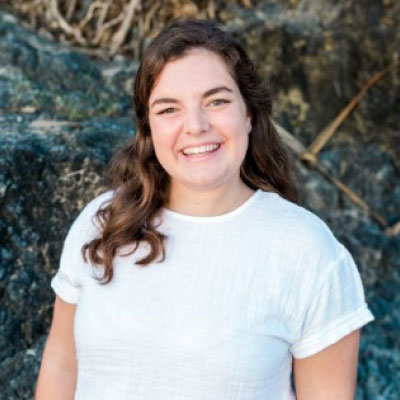 |
Maddison Peace Maddison Pearce is a current PhD Candidate working with Dairy UP and The University of Sydney, investigating improving welfare and production of dairy cattle using sensor-derived data, particularly in the dry cow/transition period. Following graduating from a Bachelor of Animal and Veterinary Bioscience with first class Honours in 2019, she undertook a 9-month dairy internship at the Agricultural Research Institute in Cyprus. Upon returning, she took up the role of Herd Health and Maternity Technician at Moxey Farms in Gooloogong, NSW. Maddison has since been promoted to Barn Supervisor and commenced her postgraduate studies. Balancing her passion for dairy research and barn management is an enjoyable challenge when surrounded by 10,000 or so cows. |
|
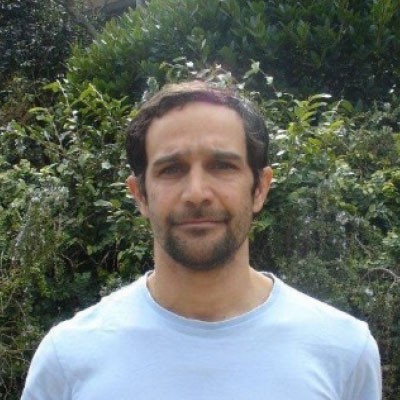 |
Martin Correa Luna Maddison Pearce is a current PhD Candidate working with Dairy UP and The University of Sydney, investigating improving welfare and production of dairy cattle using sensor-derived data, particularly in the dry cow/transition period. Following graduating from a Bachelor of Animal and Veterinary Bioscience with first class Honours in 2019, she undertook a 9-month dairy internship at the Agricultural Research Institute in Cyprus. Upon returning, she took up the role of Herd Health and Maternity Technician at Moxey Farms in Gooloogong, NSW. Maddison has since been promoted to Barn Supervisor and commenced her postgraduate studies. Balancing her passion for dairy research and barn management is an enjoyable challenge when surrounded by 10,000 or so cows |
|
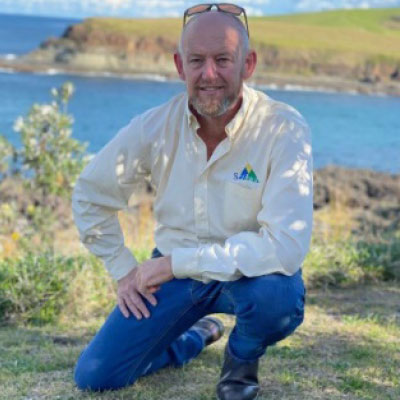 |
Neil Moss Neil is a director and senior consultant with Scibus, a leading veterinary consultancy and research organization based in Camden, NSW. He has been associated with the dairy industry since graduating from the University of Sydney in 1993. Neil worked for 2 years in mixed practice followed by a clinical and teaching position at the University of Sydney at Camden between 1996 and 2000 where he completed his PhD. He currently has primary responsibility for providing consultancy services to over 50 dairy and beef businesses ranging in size from 80 to 1600 cows and has worked with over 120 dairy businesses in nearly all Australian dairy regions. He also provides a range of advisory and training services to government and industry bodies. Neil has recently been heavily involved in supporting the dairy industry in liaison and one on one support roles with impacted farmers during both the 2020 bushfire disaster in the south-east and more recently with the flooding events in the 2021 and 2022 Mid North Coast and Northern Rivers. Working with dairy farmers as a trusted adviser in all systems from dryland and irrigated pasture based through to fully housed TMR systems, Neil has recently been honoured by receiving the Australian Farmer of the Year – Rural Consultant of the Year Award for 2020-2021. |
|
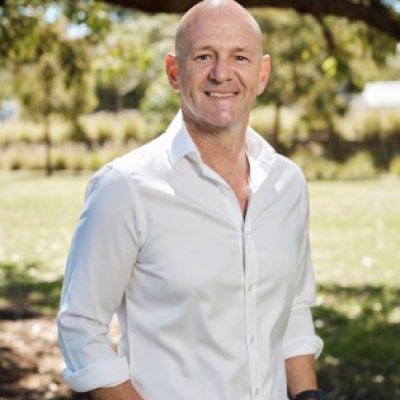 |
Niall Blair The Hon. Niall Blair is the Independent Chair of the Dairy Up Steering Advisory Committee (SAB) with more than twenty years’ experience across government and private sectors, specialising in risk management, agribusiness and sustainability. Niall is also Chairman and Non-Executive Director for the NSW Biodiversity Conservation Trust and in 2020, he was appointed as the Victorian Fire Services Reform Implementation Monitor. He is Professor of Food Sustainability and Co-Chair of the NSW Circular Economy Research Taskforce. He is also the Chairman of Elf Farm Supplies Pty Ltd and Non-Executive Director of White Prince Mushrooms Pty Ltd. Prior to these roles, Mr Blair served as a senior member of the NSW Parliament for nine years, most of them as NSW Minister for Primary Industries, Water, Lands, Trade and Industry and Deputy Leader of the Government in the Legislative Council. |
|
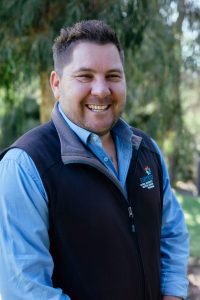 |
Orry Berry Orry Berry, RAMHP coordinator for the Mid North Coast Local Health district. Based in Port Macquarie.Orry has been been a RAMHP coordinator since 2019. Before this Orry was a nurse in the mental health sector for 10 years. |
|
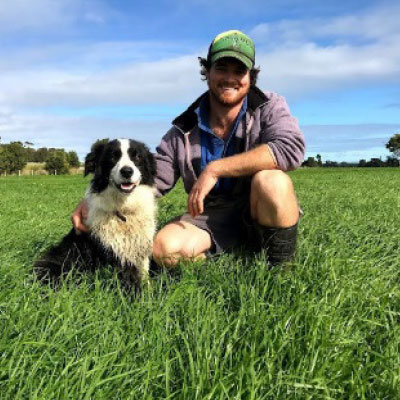 |
Sam Nicholson Sam is a 2nd generation dairy farmer located on Jones Island in the Manning Valley. Sam, alongside his Wife Rachel and parents Geoff and Megan purchased the farm 6 years ago and have continued to grow the business despite record droughts, floods and a traumatic farm injury. The family milk 200 cows with a year round calving system with the majority of feed coming from home grown pasture. In 2016 Sam was involved in a freak farm accident involving 2 tractors and was flown to John Hunter hospital where he spent 3 weeks in the trauma ward and several weeks in a wheel chair. Sam will be speaking on a panel at the DRF sharing how this experience has helped him get through some challenging times on the farm. |
|
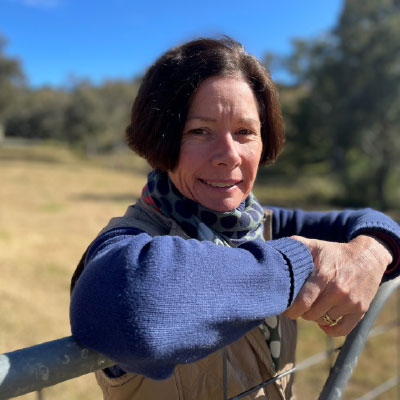 |
Sheena Carter As a Development Officer with the NSW DPI Dairy team, Sheena leads the Dairy Business Advisory Unit which aims to help farmers understand and manage their businesses to ensure profitability and manage volatility and risk. Activities and projects that are instrumental in this area are the NSW Dairy Farm Monitor Project, a podcast (The Business of Dairy) launched on World Milk Day 2021, in which Sheena speaks to farmers and service providers about aspects of farm management that impact on business performance, the monthly Dairy Business Report compiled in partnership with Tocal Dairy and leading the DairyUP project P3: Economics of Intensive Systems. This project is investigating the economic and social aspects (why transition, challenges etc) of intensification in the NSW environment. |
|
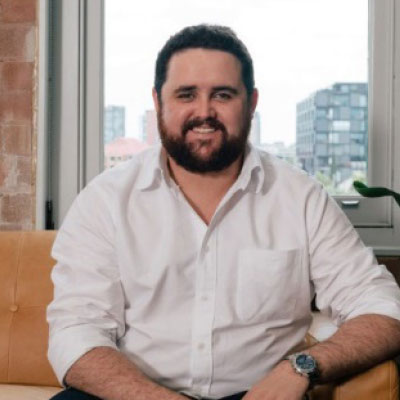 |
Tim Jude Tim Jude leads the StoneX Livestock desk and is building out the protein risk management offering in Australia. Tim previously worked at Fulton Market Group, where he was responsible for Beef procurement across Australian and New Zealand Domestic markets, as well as exports to Korea, Taiwan, Malaysia, UAE, Philippines, and the US. Prior to FMG, Tim worked at GrainCorp and Allied Pinnacle in the Grain and Flour industries. He has 10 years of experience in commodity procurement, hedging and risk management, including providing advice to multinational food processors and manufacturers. |
|
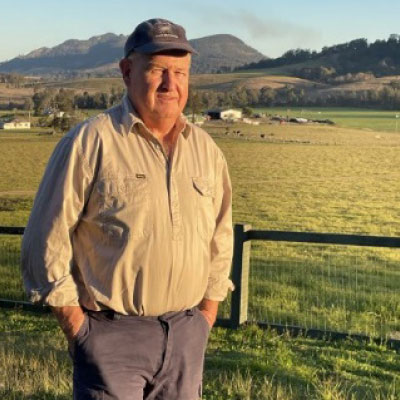 |
Trevor Middlebrook Trevor Middlebrook dairies at Gloucestor with his wife, Kelly and adult children Olivia and Thomas, milking 500 cows year round. Like all east coast dairy farmers, they’ve faced record-breaking drought, very low commodity prices, very high fodder and grain prices and $1/L milk at supermarkets in recent years.They’ve came through these challenges with a stronger, expanded business with year’s production expected to exceed 4.75 million litres. Trevor is also heavily involved in industry organisations, including past or present positions on the boards of Dairy NSW and DFMC. |
|
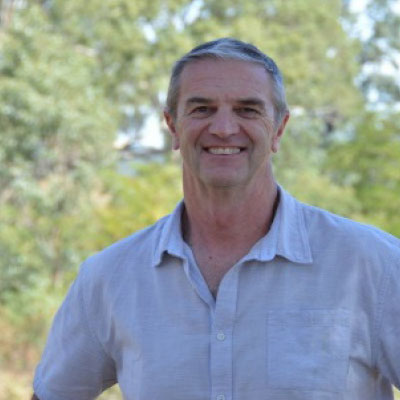 |
Yani Garcia Professor Sergio Garcia (Yani) is an internationally recognised leader in the field of production systems, dairy production from pasture, forage utilisation and the integration of pasture and crops for dairying; and automation in dairying. From a family background of beef and cropping production in Argentina, he has developed his career around dairy production systems in New Zealand and Australia, leading large national projects like FutureDairy and the Dairy Research Foundation at Sydney University. Yani is passionate about the never-ending journey of production efficiency on farming systems and the application of technology and automation in progressive dairy farms. |
2022 Emerging Scientists
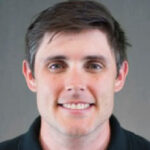 |
David Sheedy David grew up in the coastal town of Warrnambool in Victoria. He completed his veterinary training at the University of Melbourne and practiced primarily as dairy veterinarian in South-West Victoria. He was accepted into the University of California Davis’s Dairy Production Medicine Residency, a three-year dairy specialist program situated in the Central Valley of California in 2018. There he was exposed to large scale, intensive dairy systems with an average herd size of 1,700 that helped to make the region the largest dairy producing region of the world. Whilst there he also attained a Master of Preventative Veterinary Medicine and passed board examinations for the American College of Veterinary Preventative Medicine and the American Board of Veterinary Practitioners – Dairy Practice. He has since returned to Australia and has taken up a PhD position, exploring cow longevity and its potential to increase the sustainability and profitability of dairy systems, at the University of Sydney. |
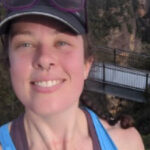 |
Emily Dickson Emily is a second year PhD student at UNE and CSIRO. Her current research interests focus on the benefits of environmental enrichment for pasture-based cattle. Previously she has worked on projects on assessing the affective states of both sheep and chickens, but has a passion for improving all aspects of animal welfare. |
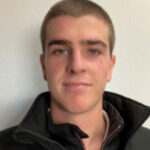 |
Francisco Segundo Francisco Segundo is a final year student of Doctor of Veterinary Medicine. Nonetheless he likes to think of himself as an ambitious young scientist and hopes for his career as a veterinarian to span beyond clinical practice. Francisco was born in Uruguay where he was exposed to a variety of pasture-based animal production systems from a young age and quickly developed an interest. He moved to Australia to study the Doctor of Veterinary Medicine degree and learn from the Australian livestock industry. He developed a specific interest in the environmental sustainability of production, a topic with which he approached Professor Yani Garcia for a research project as part of his degree. After some hard work and more than a few zoom meetings later he is now part of the team involved in Project 1d of DairyUP, working with the environmental impact of kikuyu-based pastures. In the future Francisco hopes to explore the role of veterinarians in improving environmental sustainability. Other than that, he spends a most of his spare time surfing, but also enjoys all-things outdoors. |
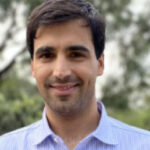 |
Juan Gargiulo Juan is an agricultural scientist specialised in dairy farming and technology with more than ten years of experience in the sector. He holds a B. Ag. Science and a Postgraduate degree in Dairy Science from universities in Argentina, and a PhD from the University of Sydney. Juan currently works as Development Officer Dairy at the NSW Department of Primary Industries. He is passionate about integrating knowledge in dairy farming, automation, remote sensing, data and farm business management to improve the productivity, profitability and sustainability of the dairy industry. |
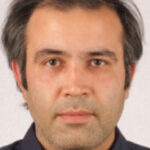 |
Milad Bagheri Shirvan I am a Technical Officer at The University of Sydney, in livestock production research group. I cooperate with Dairy-Up project in measuring greenhouse gas emission from Kikuyu pastures. My main expertise is in employing technologies and techniques for monitoring the greenhouse gases in pastures and livestock-based systems. I have developed and deployed a monitoring system for greenhouse gases in pastures. |
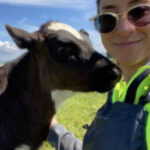 |
Sandra Ospina-Rios Sandra Ospina-Rios is a PhD candidate in the Agricultural Science program at the University of Tasmania, Cradle Coast Campus. Sandra’s research program is titled “Assessing the viability and implications of a cow-calf suckling system on the development of dairy heifers.” It aims to determine the practicalities, as well as the short and long-term effects of rearing cows and calves together in a pasture-based dairy system. Sandra has nearly 8 years of professional experience as a veterinarian in her country (Colombia) and a Master in applied science (Agricultural Science) from the University of Tasmania. She is familiar with dairy farming systems from her academic training in animal science, veterinary medicine, husbandry and agriculture.Sandra has a good understanding of dairy cattle behaviour in addition to her understanding of fundamental topics such as pastures, nutrition and animal health. The research pathway followed by Sandra for her master degree at UTAS enabled her to acquire pivotal knowledge on dairy systems. Sandra had the opportunity to develop deep knowledge on how cattle respond to stress, novelty and social interactions as described in her thesis, “The relationship between the speed of associative learning and performance in dairy cattle that are strip-grazed using virtual fencing technology”. Sandra’s long-term career aspirations are to contribute to the development of innovative animal managemental regimes that recognise the gregariousness of production animals and to demonstrate how agriculture systems that facilitate appropriate development and expression of social behaviour improve welfare and productivity. By doing so, Sandra hopes to aid in the development of sustainable yet practical dairy production systems with improved animal welfare, productivity and profitability. |
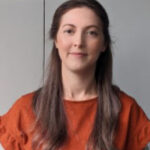 |
Sarah Legge Sarah is a PhD candidate at The University of Sydney focusing on total lifetime productivity and profitability. Her interest in dairying stems from a family background in the industry and a desire to advocate for a sustainable and profitable model to ensure the future of dairying in Australia. Her interest began with her grandfather’s farm and led to showing Brown Swiss since the age of 11. This resulted in her successfully gaining a yearlong internship with a German genetics company before beginning her Bachelor of Animal and Veterinary Bioscience. She aims to develop models which predict how investment in calves’ impacts profitability and to highlight relationships between management and performance. With the goal of understanding what increases the longevity of dairy cows. |
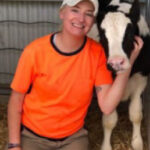 |
Sarah Mac Sarah Mac is a fourth year PhD Candidate at the University of Sydney pursuing a thesis in optimising the weaning process in cattle. In her undergraduate, Sarah Mac started off as a Pre-Med student, but once she got experience with dairy cows, she fell in love and changed her entire career path. This new found passion of the dairy industry drives her goal of leaving an impact that advances the industry. Through Sarah Mac’s thesis, three projects have been conducted 1) a novel investigation on a 100 day pasture cow-calf system, 2) comparing the impact of abrupt vs. fenceline weaning methods, and 3) using technology to track calf development through weaning. Her thesis challenges the current weaning methods in calves to provide each individual calf the chance to reach their full potential. |
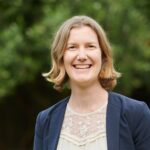 |
Zita Ritchie Zita has dairy industry experience having worked throughout Australia and overseas. In her current role as a Development Officer with NSW DPI, she specialises in climate risk management to better support the NSW dairy industry. She recently facilitated a farmer group on the mid-north coast of NSW to better understand and manage climate change risk for their region through the Dairy Business for Future Climates project, and also contributed to the development of climate e-learn modules for Dairy Australia. Her previous roles include dairy extension in Victoria, as well as international dairy development in Indonesia, Pakistan and the Philippines. |
